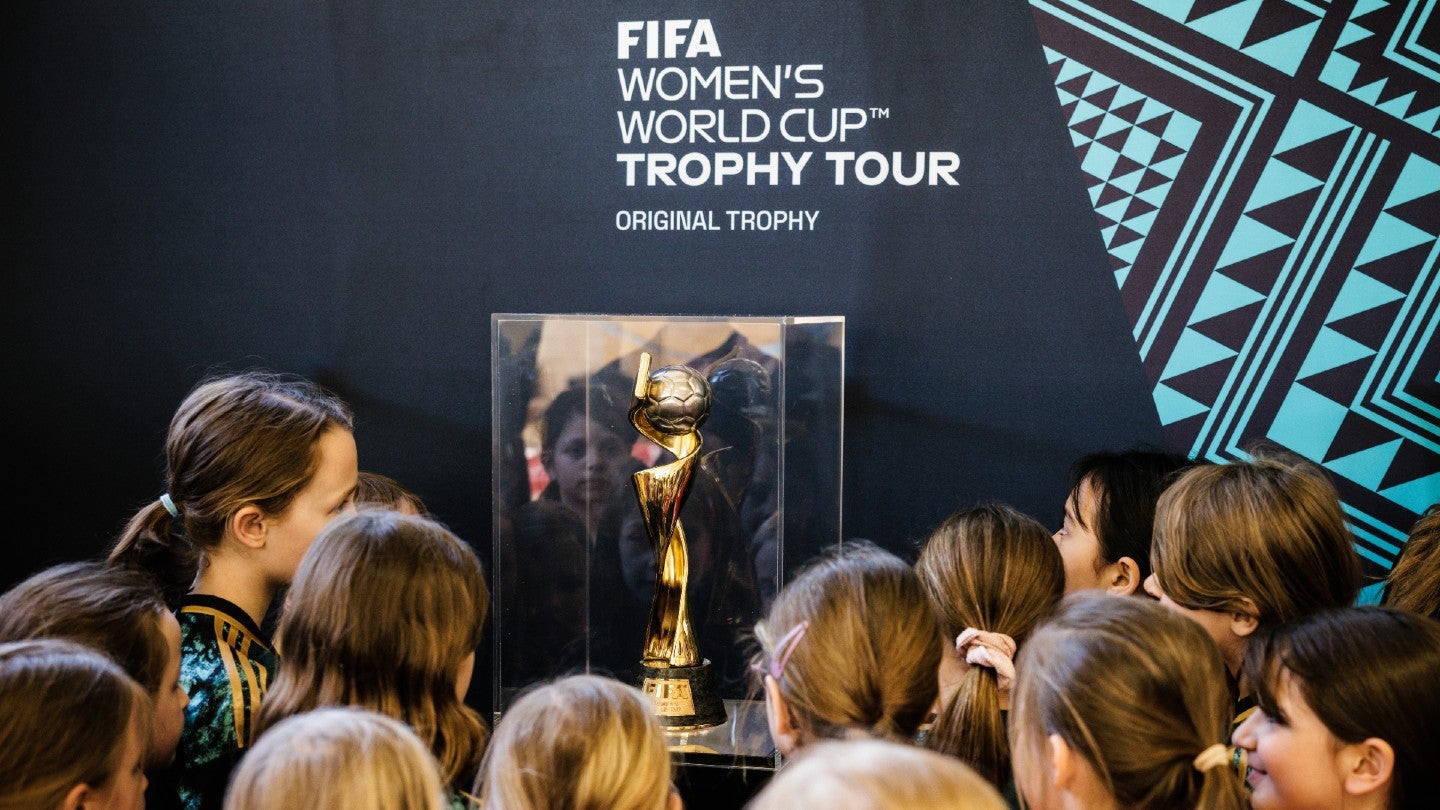
Each week, a deal is selected that illustrates the themes driving change in the sports industry. They may not always be the largest deals in value or those of the highest profile, but they tell us where the leading players are focusing their efforts and why. Our thematic deal coverage is driven by our underlying Disruptor data that tracks all major deals across our sectors.
The deal
FIFA, soccer’s world governing body, has secured coverage for the upcoming Women’s World Cup (WWC) across major European markets through an expanded deal with the European Broadcasting Union (EBU), the alliance of public service broadcasters.
As part of the EBU’s revised agreement, the tournament will be shown by the BBC and ITV in the UK, ARD and ZDF in Germany, RTVE (Spain), Rai (Italy), and France Télévisions. In addition, coverage in Ukraine will be provided by UA:PBC.
The rights include broadcast across TV, digital, and radio and come after initial discussions were held at FIFA’s headquarters last May.
Why it matters

US Tariffs are shifting - will you react or anticipate?
Don’t let policy changes catch you off guard. Stay proactive with real-time data and expert analysis.
By GlobalDataThe deal ends a months-long standoff with operators in the region, and with little over a month to go before the tournament starts. Concerns were growing that coverage deals had not been struck in key European markets.
To make matters worse, last month FIFA threatened a complete blackout of the tournament in those markets, with FIFA president Gianni Infantino describing offers made by media outlets as “disappointing” and “simply not acceptable.” This made it plausible that the tournament would not be seen at all in these key markets.
This was particularly problematic due to the significance of the tournament in relation to the growth of women's sports.
After the success of the 2019 Women’s World Cup, having a media blackout for the 2023 edition would have been seen as a huge regression after years of work and progress in women’s soccer.
This was after EBU members had reported record audience figures and coverage of the 2019 tournament in France, so a media blackout would have set those record numbers back to zero.
The deal is also significant since this is the first WWC for which FIFA has unbundled the rights from those of the men’s tournament, meaning broadcasters had to bid for the event on its own terms.
The extended deal with the EBU finally puts an end to the matter and means the tournament will now be broadcast on its free-to-air linear TV network across 34 European territories.
Peter Scrimgeour, senior analyst at GlobalData Sport, commented: “With FIFA finally agreeing a deal to broadcast the Women's World Cup in the ‘Big Five’ European nations will be of great relief for all stakeholders with the tournament due to kick off at the end of July.
“For FIFA, the deal will provide a huge promotional and exposure opportunity for women's soccer, with the broadcasters collectively reaching over 145 million households across France, Germany, Italy, Spain, and the UK.
“For broadcasters, they can now confirm their broadcasting schedules, sell advertising space, and promote the tournament with references to coverage, creating awareness and building hype pre-event.
“For advertisers, it provides certainty of coverage, allowing the brands to execute their promotional campaigns and capitalize on the hype and high levels of engagement the tournament will provide, with FIFA boasting that over one billion viewers tuned into the 2019 Women's World Cup in France.
“And for fans in the five markets, the deal ensures free access to coverage with world-renowned broadcasters."
The detail
The blackout situation had become desperate enough that the respective governments of the aforementioned five countries weighed in as sports ministers urged broadcasters to secure rights deals for the tournament taking place between July 20 and August 20 in Australia and New Zealand.
FIFA president Gianni Infantino said broadcasters in the aforementioned nations had only offered $1 million to $10 million for the rights to show the showpiece women's tournament compared to $100 million to $200 million for rights to last year’s men’s World Cup in Qatar.
Last October, Romy Gai, FIFA’s chief business officer, revealed the organization had rejected multiple bids from European broadcasters for tournament rights for being too low.
For the 2019 edition of the WWC, FIFA secured around $300 million in TV rights revenue, while the men’s competition last year generated just under $3 billion.
This month, FIFA announced that ticket sales for this year’s WWC had passed the number sold for France 2019.
Image: Reinaldo Coddou H./Getty Images for DFB



